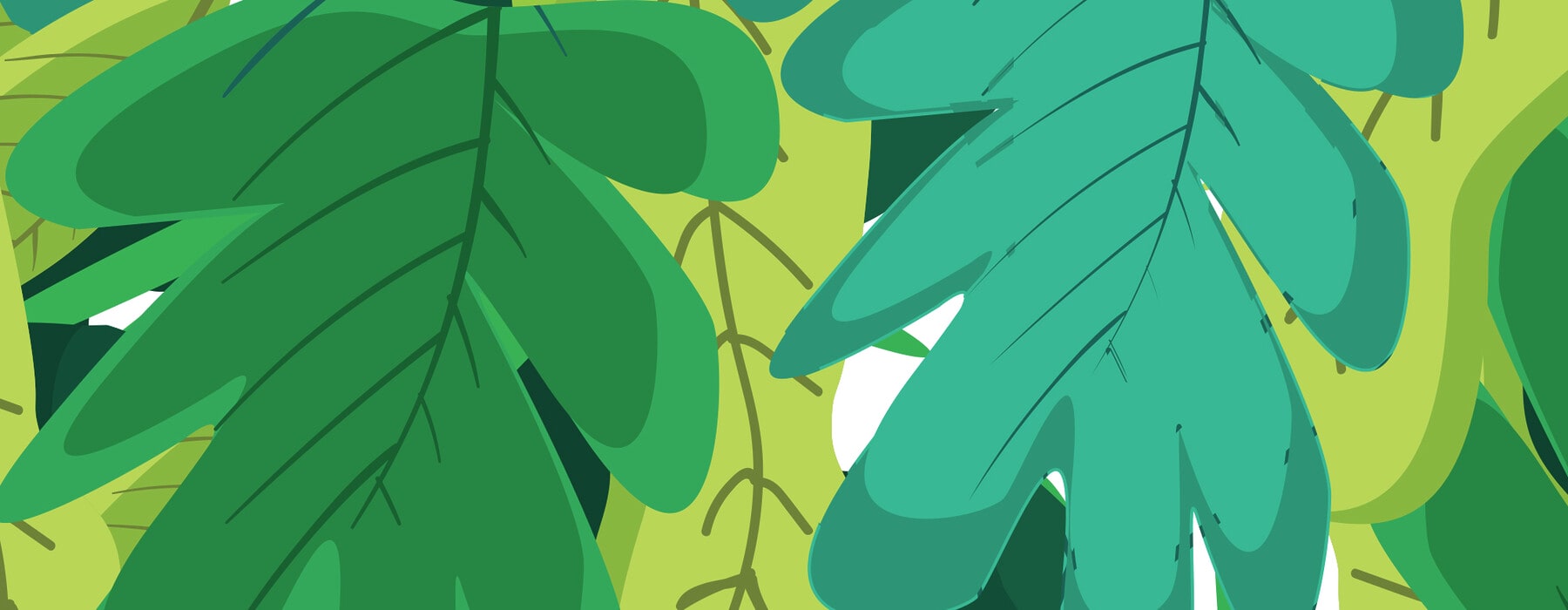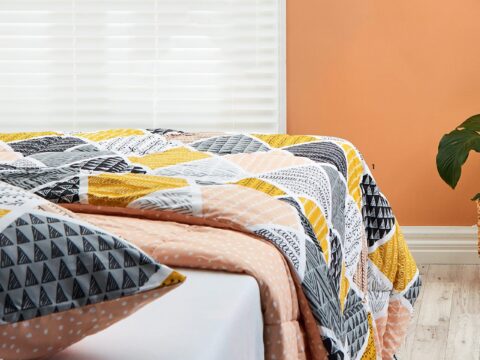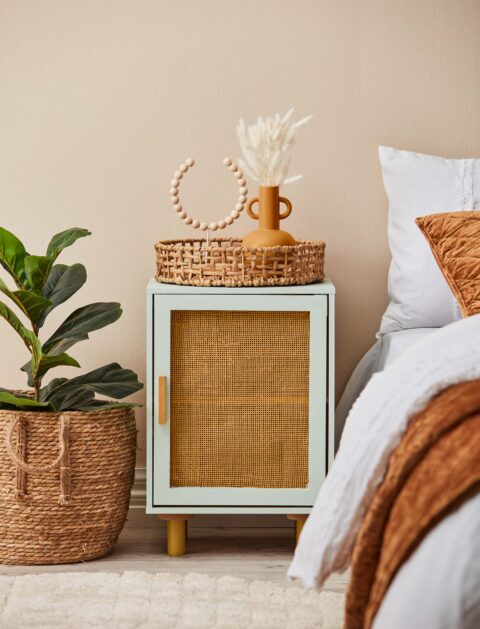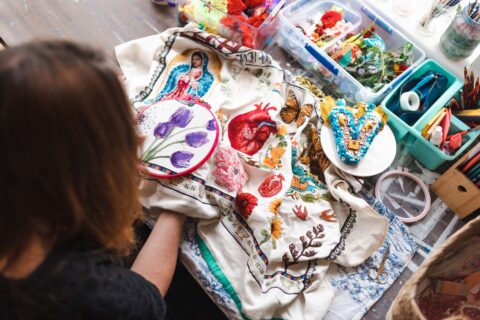There are plenty of edible plants and flowers to forage for in our countryside and our own gardens! Here’s our guide on how to spot them.
1. Nasturtium
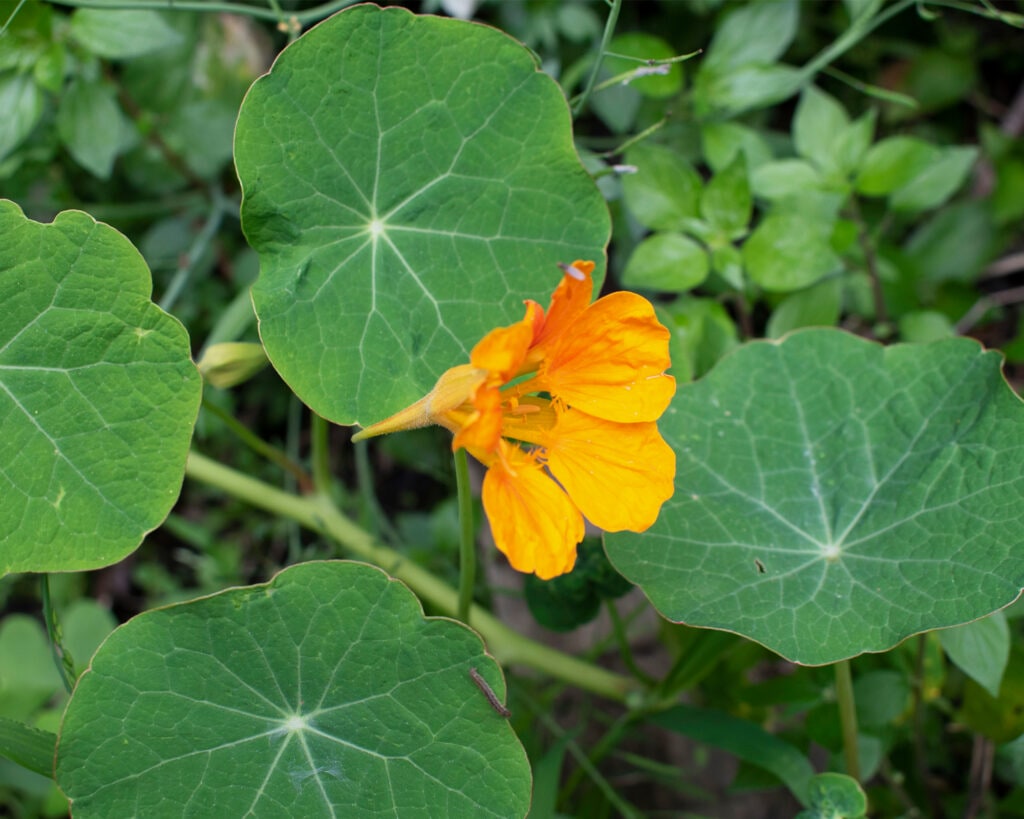
Nasturtiums have edible leaves, flowers and seed pods.
2. Geranium
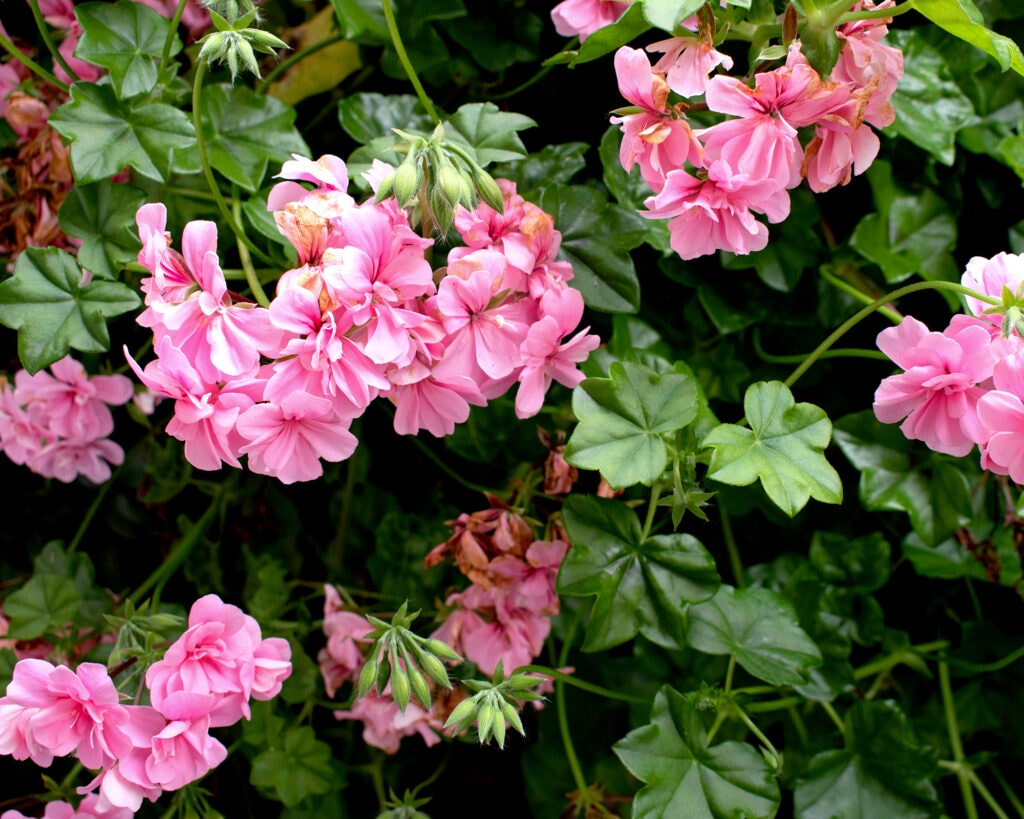
Every garden pelargonium/ geranium has edible flowers.
3. Fennel
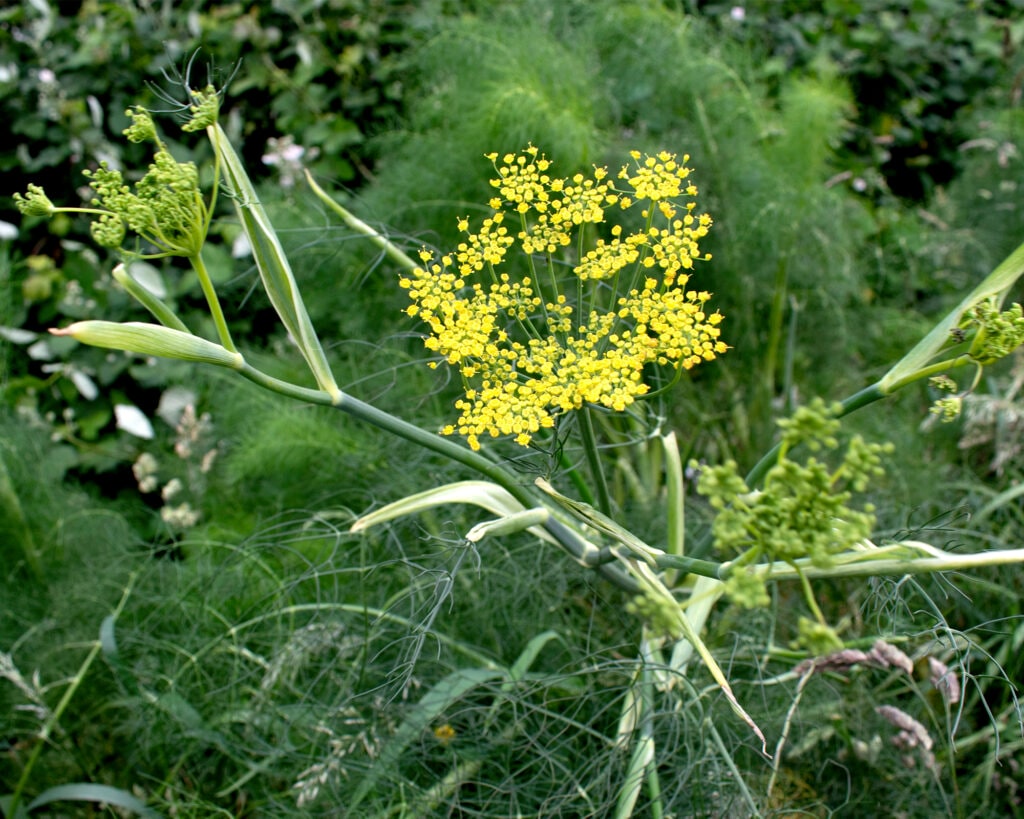
Fennel blooms for many months of the year. The flowers have a delicious aniseed aroma that softens as they dry and takes on hay-like tones, reminiscent
4. Young Pūhā

Pūhā has distinctive spade-shaped leaves, and young pūhā plants make tender eating. Older plants can be recognised by their small dandelion-like flowers and are often best cooked.
5. Wild Radish
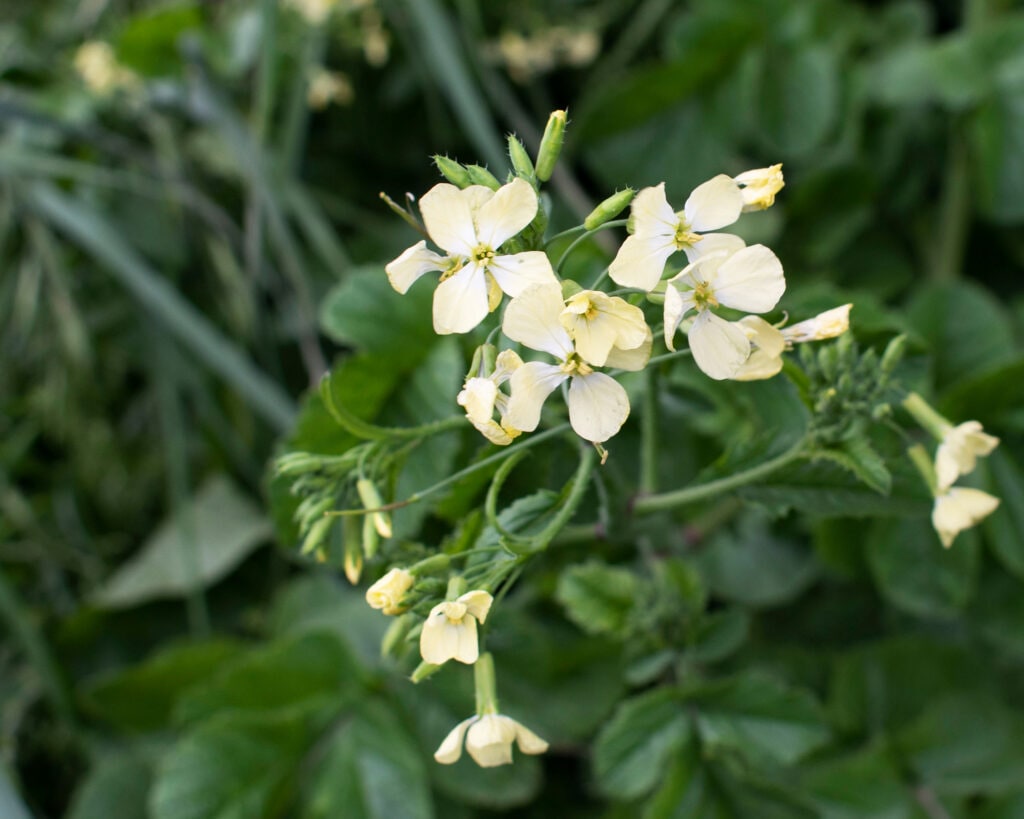
Wild radishes are part of the brassicaceae family, which also includes wild turnips and wild mustards. All have edible flowers – four petals arranged like a cross.
6. White Mānuka

All mānuka have edible flowers and leaves that make a beautiful aromatic herb. Mānuka is often confused with kānuka, but you can use kānuka in the same way.
7. Kawakawa
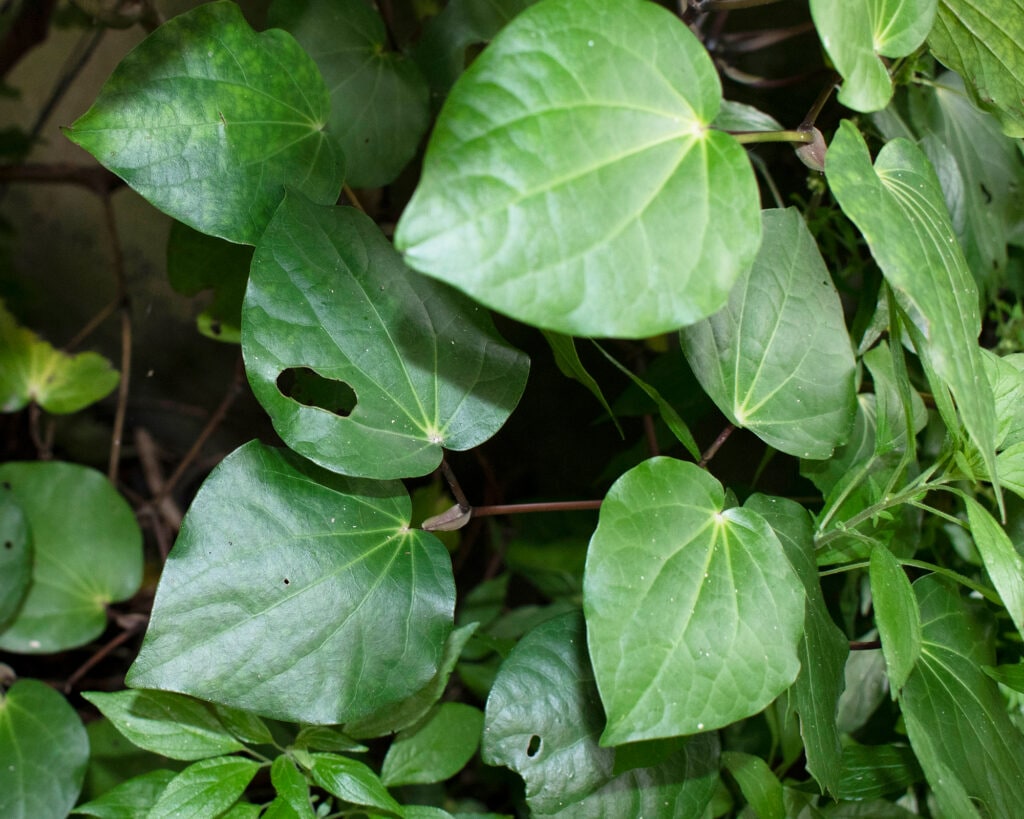
Native kawakawa is recognisable by its heart-shaped leaves that are often full of caterpillar holes. The holey leaves are fine to use, though – preferable, even.
8. Dandelion
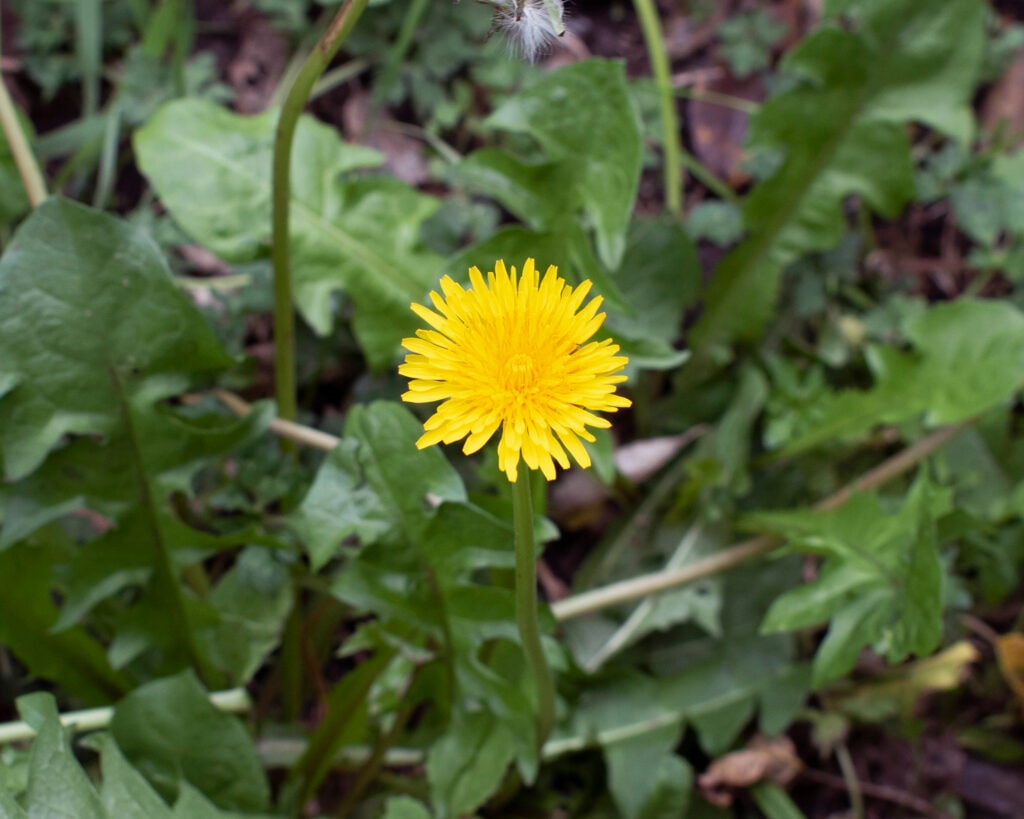
There are many dandelion lookalikes, but they all have edible flowers and more-or-less edible leaves.
9. Herb Mallow
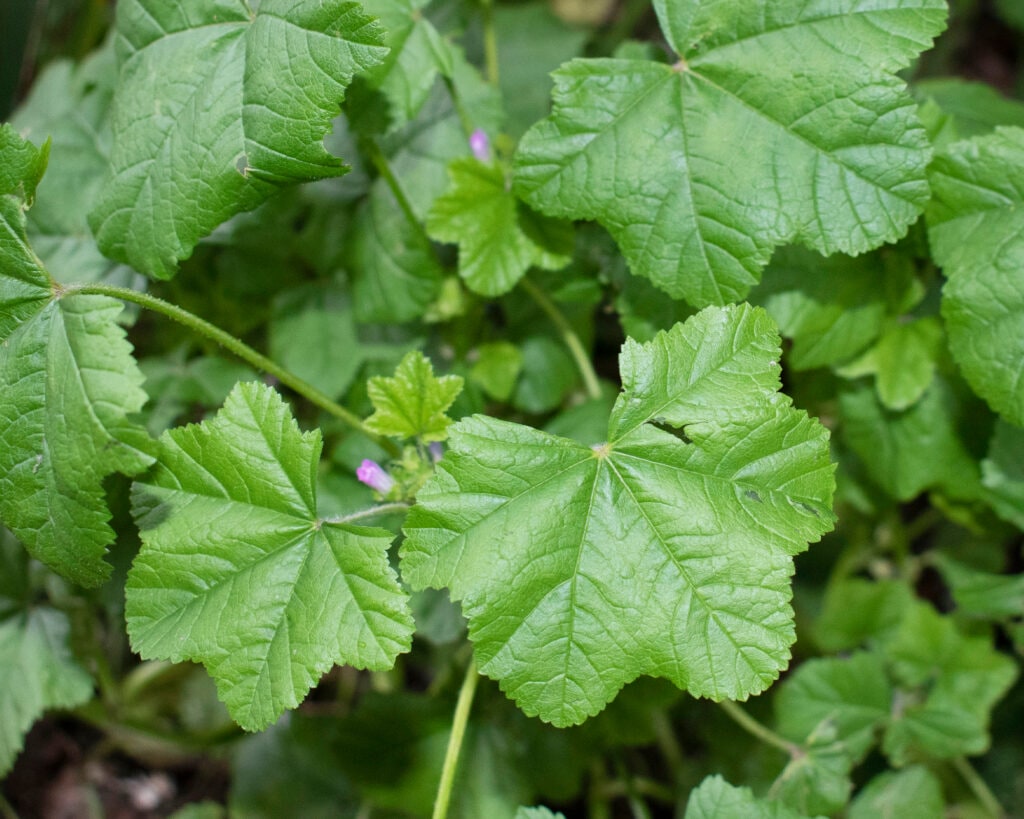
Herb mallows are small plants in the Malvaceae family. They have pinkish, five-petalled flowers and rounded leaves, and make delicious edible greens.
10. Calendula
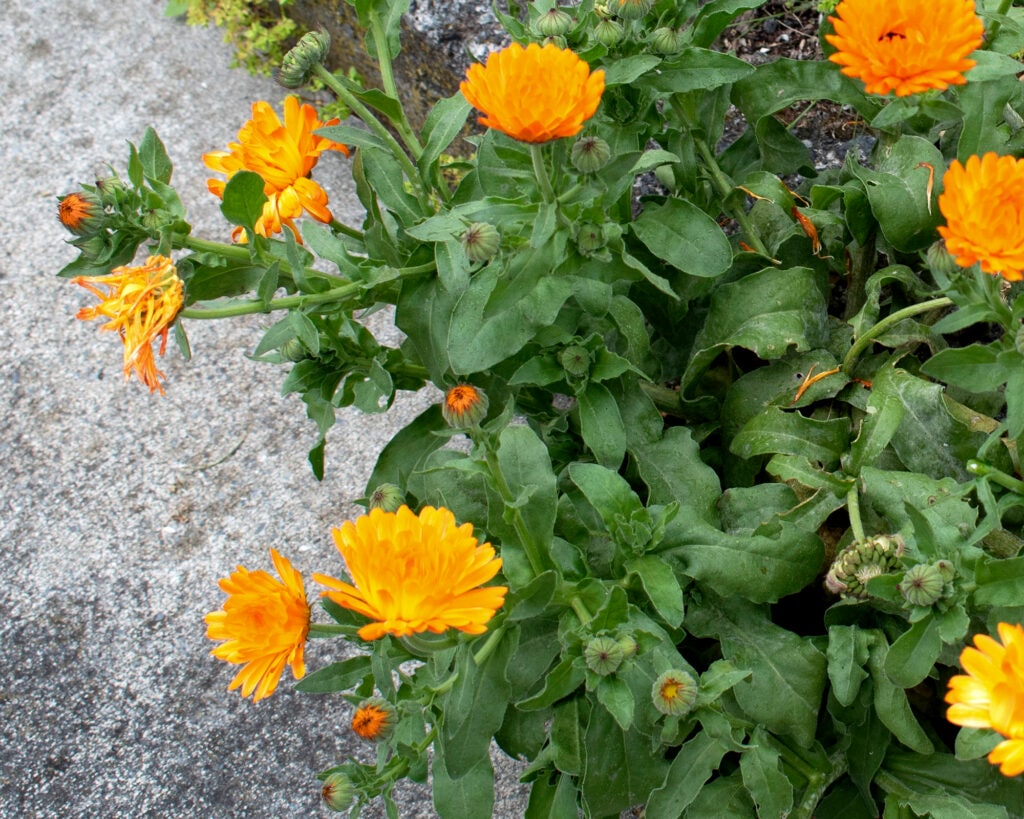
A favourite of herbalists, calendula (or pot marigold) has petals with a mild flavour that add vibrant colour to all kinds of dishes.
11. White & Pink Clover
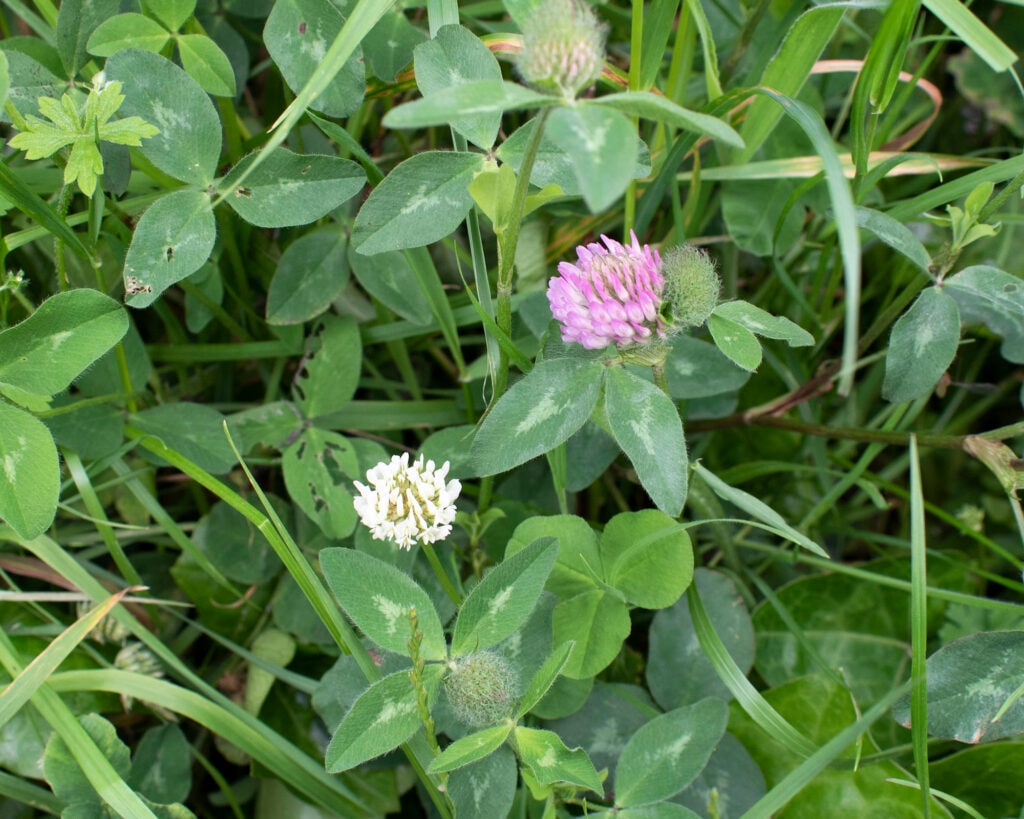
Every clover is edible, but best pulled apart if it’s to be eaten raw in a salad.
12. Dove’s Foot Cranesbill
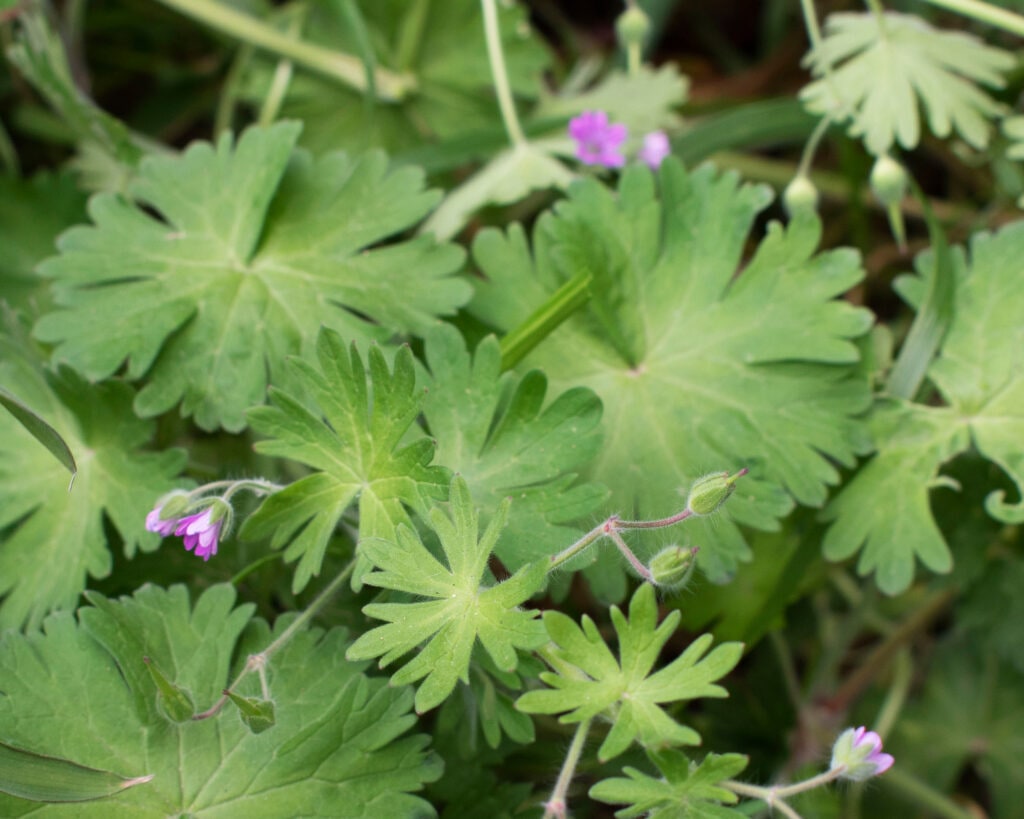
This common weed is mild-tasting and can be cooked like any other leafy green. Distinguish it from toxic buttercup by its small purple flowers and downy leaves.

